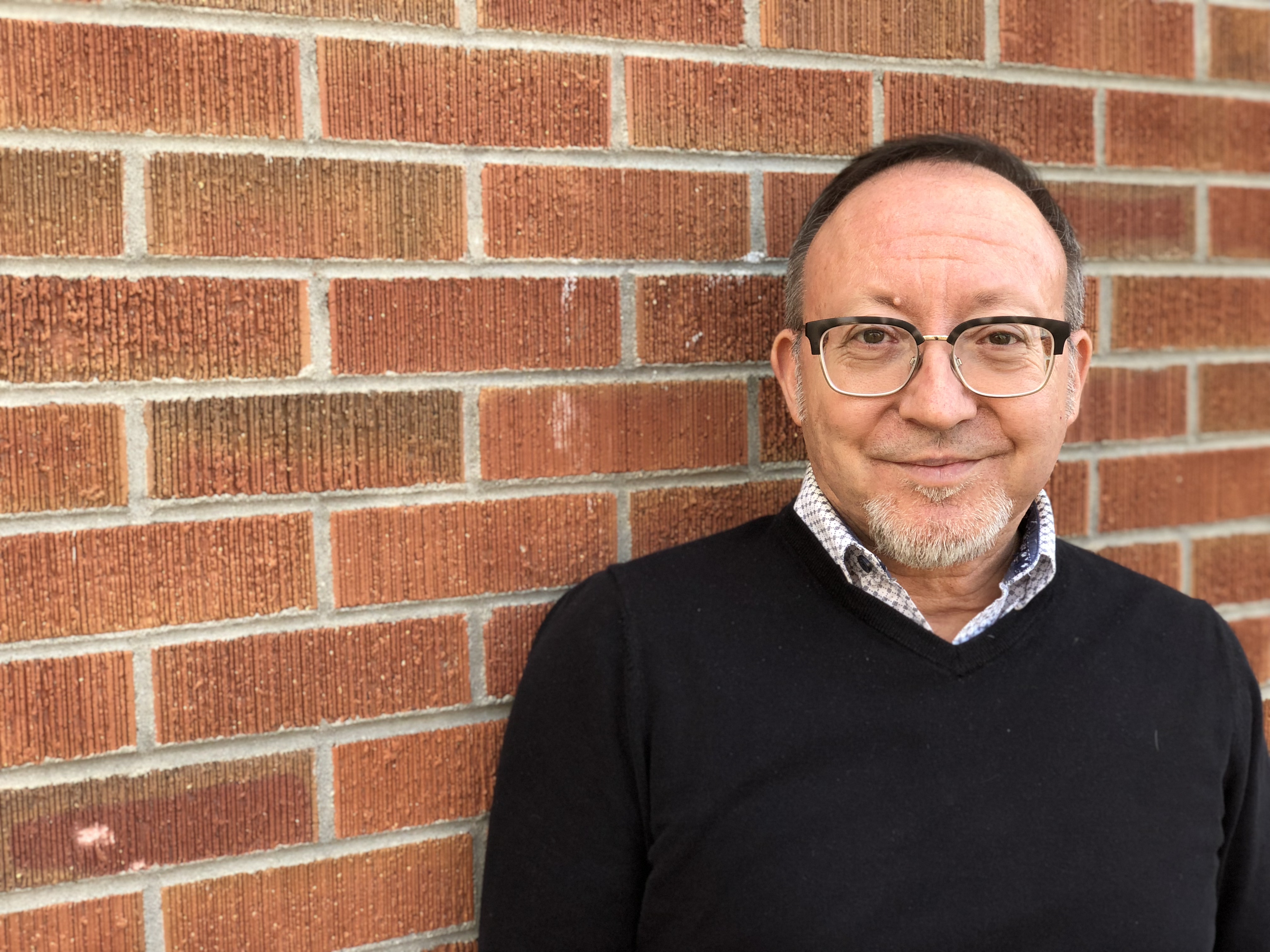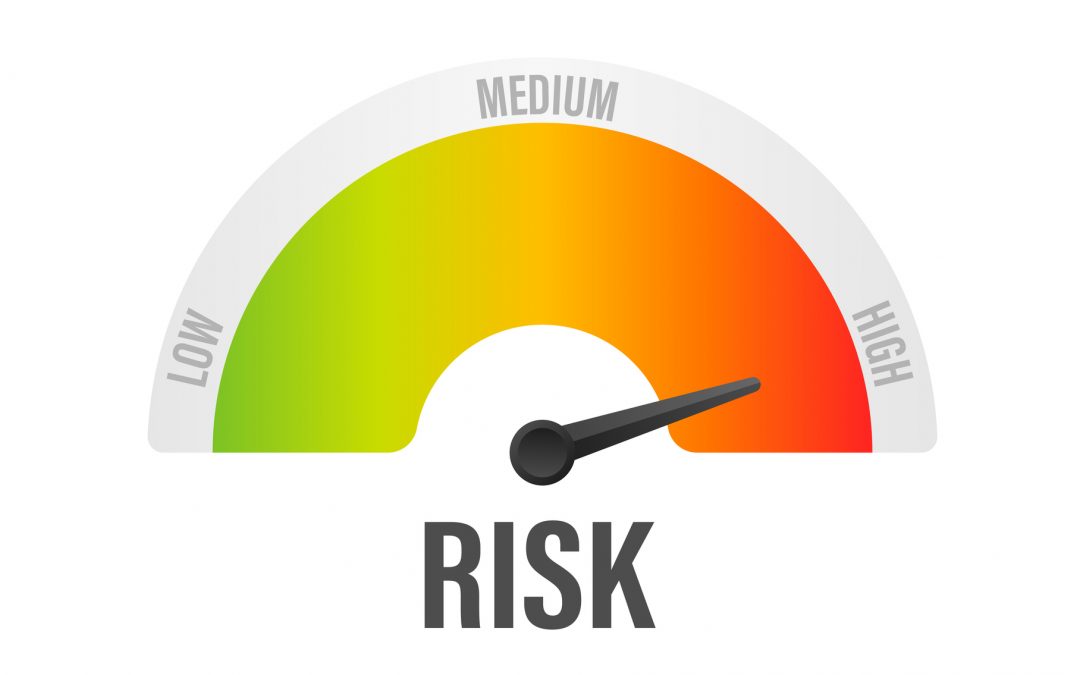“You would like to know how I behave when I am experiencing pain, not writing books about it. You need not guess, for I will tell you; I am a great coward. But what is that to the purpose? When I think of pain—of anxiety that gnaws like fire and loneliness that spreads out like a dessert, and the heartbreaking routine of monotonous misery, or again of dull aches that blacken our whole landscape…If I knew any way of escape I would crawl through sewers to find it. But what is the good of telling you about my feelings? You know them already: they are the same as yours.” CS Lewis, The Problem of Pain, Pg 105
Let’s Take a Tour of the Sewer
Pain. We hate it. Or if I use my “I” statements as we do during our small group time on Thursdays, I’d say “I really hate it.” But this strong reaction seems reasonable and even wise, really. I don’t know anyone who says with gusto– “bring on the pain”. If they do, well that’s a whole other issue and blog I imagine. But CS Lewis’s analogy of a sewer is very apropos. Sewers are cramped, dark and stinky and sometimes our avoidance of pain can take us to similar places—like addiction.
There are many facets to what drives our addictions, but it’s usually the thing we run towards to avoid pain. It’s all about the avoidance. Like right this very moment, I’m writing a blog (writing can be a Herculean effort for me most days). But, I’m beginning to hear the Sirens call to go surf mindless stuff on YouTube. All mythology references aside, I’m still here typing away and not avoiding a deadline. Now wasting time on dumb videos isn’t too high on the naughty list, but my avoidance of pain has taken me to some darker places.
When my father passed away 12 years ago, I did not handle the loss very well. I ran to pretty much anything that would numb the ache—drinking, pornography, food and cigarettes. Yeah, not my finest hour for sure. All I know is, wow, this loss of a parent must have been VERY painful for me. But God’s grace is deeper still and I’m grateful He’s been digging me out of that hole these many years. CS Lewis’s vivid description above of fire, desert and monotonous misery should be inserted here. And the sewer analogy comes back to mind also—cramped, dark and stinky. We would crawl through sewers to avoid pain—makes sense to me. So, let’s chat more about this avoidance.
The Avoid-O-Meter
What’s that you say? Stay tuned. Whatever behavior we are running towards to avoid pain can be destructive and problematic. But that’s not the whole story. We are crafty little creatures and will devise all sorts of narratives to keep from letting go of our pain buffers. Dr. Patrick Carnes, an expert in the field of sexual addiction, has created a handy list of ways we cleverly justify our addictive behaviors. Here are just a few:
Minimizing-Making behavior, consequences or impact seem smaller or less important than it is—“it’s not big deal”
Rationalization-Justifying yours or someone else’s unacceptable behavior or actions
Global Thinking-Attempting to justify why something is not a problem by using terms like “always”, “never”, or “no problem at all”—“men/women always…”, “people never…”
Uniqueness-Thinking you are different or special—“My situation is different”, that’s fine for you, but I’m too busy”
Avoidance by Omission-Changing the subject, ignoring the subject, or leaving out bits of important facts and information
Blaming-Shifting the focus off yourself by faulting or critiquing another—“if my wife/husband weren’t so cold and distant…”
Comparison-Shifting the focus to someone else to justify your own behavior—“I’m not as bad as…”
Hopelessness/Helplessness-“I can’t help it”, “I’m the worst”, “there’s nothing I can do to get better”, “I’m a victim”
Compartmentalizing-Separating your life into compartments in which you do things that keep you separate from other parts of your life.
Entitlement-Justifying your behavior or actions with the idea that you deserve something.
Patrick Carnes, Facing the Shadow, pgs. 19-21
The “Meter” Part
This is a nice little list (well, not so nice I guess) but let’s take it a step farther and make it measurable. This is something I’ve done at our Thursday Night group to create awareness. Look through the list and definitions again. This time put a number that describe the frequency you use this to justify your behavior.
4-Describes me consistently, definitely true
3-Describes me most of the time, usually true
2-Describes me half of the time
1-Describes me some of the time, once in awhile
0-Decribes me not at all, never
How’d ya do?
It’s a very easy thing (for me at least) to dismiss and blip over this list. I must be better than that—why I must be in the 0-2 category? Wrong (am I using the “unique” category cuz I’m so darn special?). I imagine we’ve all done the above avoidance techniques at some time or another. But I know I have my go-to’s I run towards often to avoid the ugly truth at times. It’s easy to minimize and rationalize choices or decisions and what about entitlement? Whew, I know it’s easy to delude myself in thinking I had a hard day so I deserve another drink or that whole bag of popcorn.
My hope in sharing this list is to create awareness. When we know how we’re keeping ourselves stuck in various narratives we can begin to let go of them. If we can let go of our avoidance acrobats, perhaps we can escape the dark, stinky tour of the sewer. So…if part of addiction is the avoidance of pain how can we “stay connected” to others and our authentic selves? In my next blog, I’ll introduce to you the “Stay Connected Toolbox”.

Scott Kingry
Program Director
Make a Difference in Someone's Life
If you enjoy reading WGA’s blogs and would like to show your support, please consider making a donation. Where Grace Abounds is a 501(c)3 non-profit organization. The majority of services, including support groups and discipleship counseling, are provided free of charge. Your financial gifts help to cover the costs associated with offering a free program to those who seek WGA’s services.

